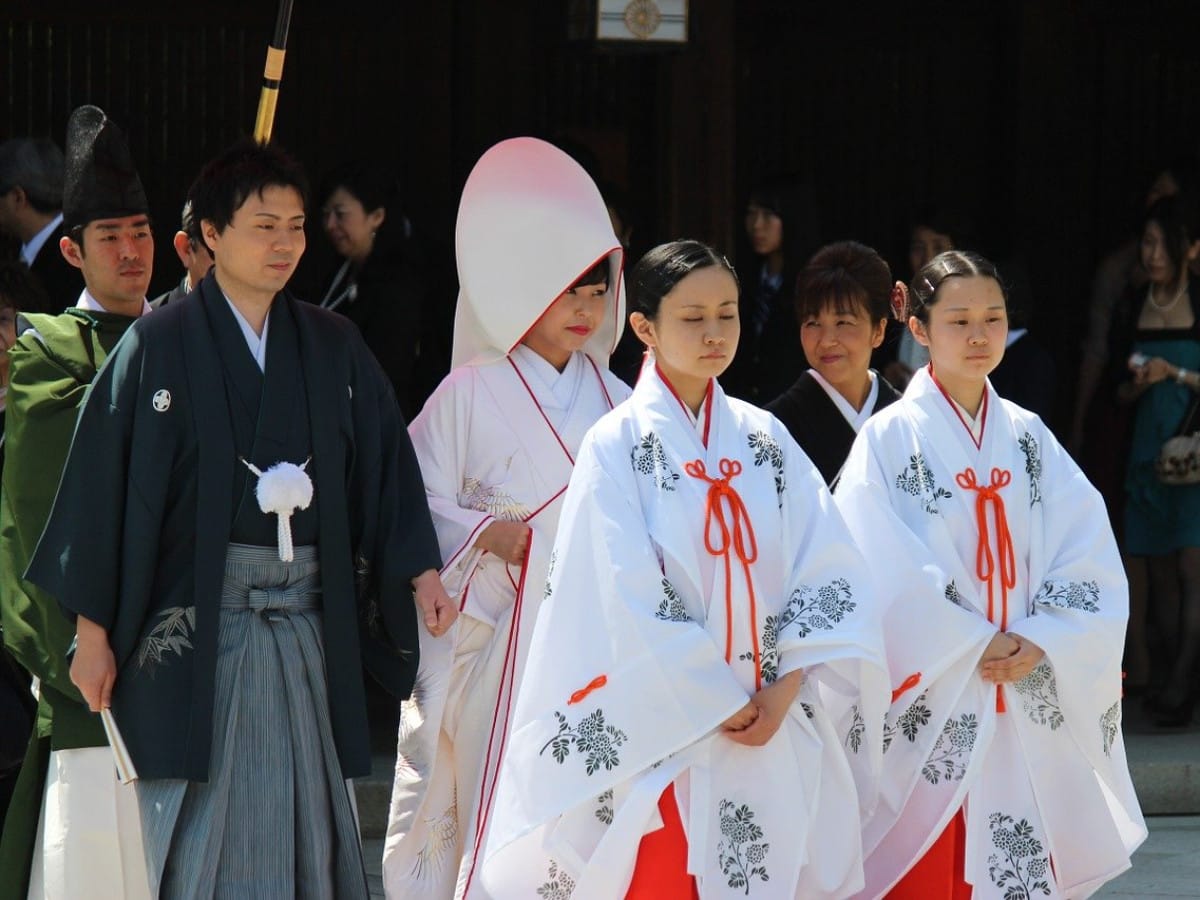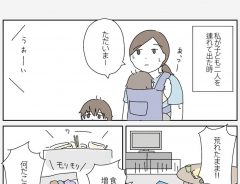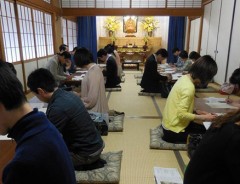
Source: © pixabay.com
Couples to be offered $5700 to get hitched in Japan. Will its ailing demographics recover?
- Tags:
- handouts / incentive / Japanese demographics / Marriage / subsidy
Related Article
-

Popular Japanese actors Nana Komatsu and Masaki Suda announce they’ve tied the knot
-

China’s “Leftover Women” Take A Courageous Stand Against Society’s Labels
-

When an exhausted wife reaches her limit…[manga]
-

Looking For True Love? Go To Your Nearest Temple!
-

#coronadivorce trends online as locked-down couples realize they don’t actually get along
-

For The Marriage Of Our Teacher Ms. Mariko. She Cannot Hold Back Her Tears At The Overflowing Gratitude Of Her Students Who Secretly Gathered For Her


For committed couples in Japan, it may be time to tie the knot. Or at least government officials appear to think so.
The Cabinet Office of Japan recently announced couples who marry from April, 2021 could receive up to 600,000 JPY ($5700). The assistance is intended to cover rent and other expenditures as newlyweds begin their life together. To be eligible, the husband and wife must register their marriage while both are under 40 years of age, and couples must have a combined annual income of less than 5.4 million JPY ($51,000).
The announcement marks an extension to a similar marriage support program begun in 2018. Originally, partners under the age of 35 earning less than 4.8 million JPY ($46,000) were eligible for aid up to 300,000 JPY ($2800).
With the notable increase, the government hopes to stimulate the country’s remarkably low birthrate and declining number of marriages. However, only 15 percent of cities initially adopted the program due to the considerable burden of covering half of the aid provided to newlyweds. Officials hope the revised incentive will increase the number of eligible couples and participating municipalities. Moreover, the central government will also increase its share of the bill to two-thirds of expenses.
Incentivizing Families
The revised marriage support program is the latest effort by the central government to stimulate Japan’s wayward demographics. Last year, the number of newborns in the country fell to 864,000, an all-time low. With over 20 percent of the population 65 or over, the island nation consistently sells more adult diapers than baby diapers annually. Furthermore, deaths are at post-war highs leading to an increase in solitary deaths and a stressed undertaking industry.
Nevertheless, the program will likely provide some, albeit limited, relief to young couples. In recent years, the number of unmarried young people has been increasing. While the reasons behind the rise are complicated, many point to young professionals’ declining salaries and grueling work schedules. Young singletons often have limited opportunities to meet potential mates and date, relying instead on dating services or family members to introduce them to that special someone.
Women have also historically struggled with matters related to childcare. Daycare facilities are limited, with many municipal facilities logging massive wait-lists. Low wages, punitive maternity leave policies, and grueling work conditions for staff have only exacerbated the problem. Indeed, the shortcoming is so dire that some have compared the conditions to an undeveloped country.
Online Reactions
So, will the incentive program help stave population collapse in Japan? Online reactions seem unconvinced: